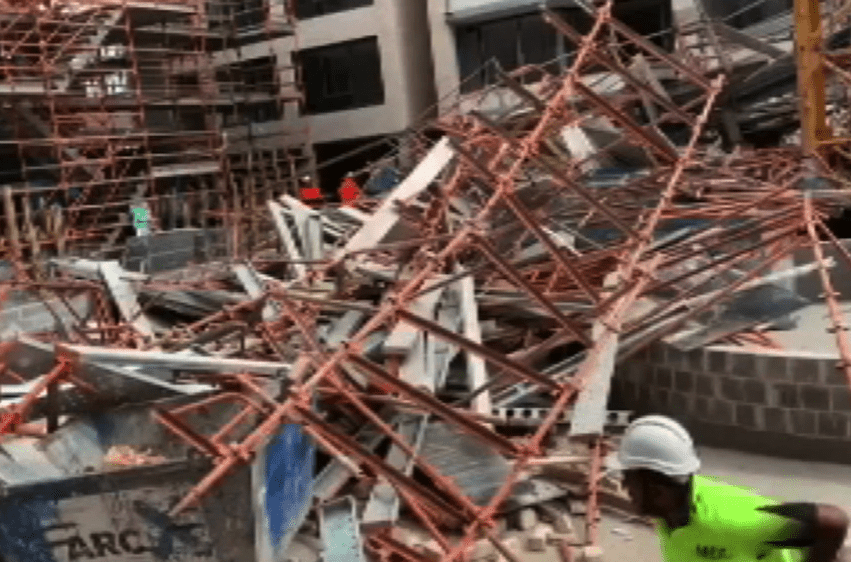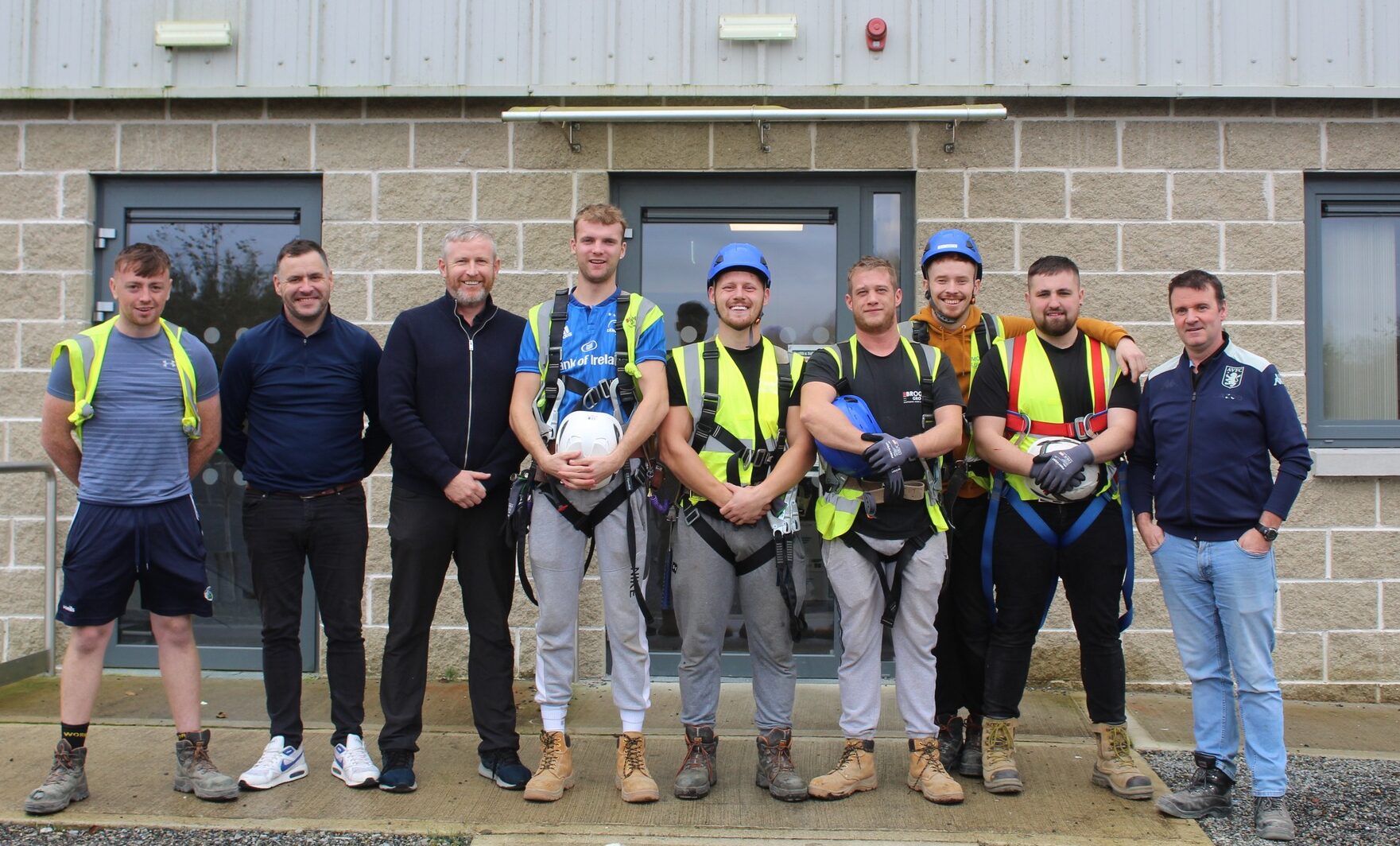The mother of an 18-year-old apprentice who was tragically killed in a scaffolding collapse in Sydney, Australia, has called on the New South Wales (NSW) government to implement industrial manslaughter laws, ensuring no other family endures the heartache of losing a child in a workplace accident.
In April 2019, Christopher Cassaniti lost his life when an overloaded perimeter facade scaffold, burdened with 18 tonnes over its capacity, collapsed at a Macquarie Park construction site. The collapse trapped Christopher and his colleague Khaled Wehbe. It was later revealed that essential ties connecting the scaffolding to the building had been removed, contributing to the fatal incident.
Christopher’s mother, Patrizia Cassaniti, has been a vocal advocate for legislative change, urging NSW to align with other mainland states by introducing industrial manslaughter as a distinct offence. “I’ll never get justice for my son and it hurts. It’s something that you can’t accept but I’m hoping that families in the future won’t have to go through this anguish,” said Ms Cassaniti, describing her son as an “exceptional and kind kid”.
Legislative Push for Tougher Penalties
The NSW government is set to introduce the legislation into parliament this week. The proposed bill would make industrial manslaughter a criminal offence, with penalties including up to 25 years in jail and civil fines up to $20 million – the most severe in any Australian jurisdiction.
Ms Cassaniti, who will speak alongside NSW Industrial Relations Minister Sophie Cotsis at a rally on Monday, believes the new law could save lives. “I would like to see this law not only put corporations and companies on alert, but also individuals,” she said. “Managers, officers, and workers should all be responsible for safety, and if they are found to have done something that caused the death of a person through their negligence and reckless behaviour, I want to see them prosecuted and go to jail.”
Broad Public Support
Recent polling by Pyxis Polling & Insights shows that NSW voters largely support the introduction of industrial manslaughter laws, with 68% of 2040 respondents in favour. Support is higher in regional areas (70%) compared to metropolitan Sydney (66%), and consistently above 60% across the political spectrum.
Despite NSW being one of the few states, alongside Tasmania, without specific industrial manslaughter laws, 76% of respondents expressed surprise at this legislative gap. Unions NSW Secretary Mark Morey emphasised the community’s demand for accountability. “When a worker doesn’t return home it is a life-altering trauma for their loved ones,” he said. “The people of NSW want corporations and CEOs held accountable for workplace deaths. It is simply unacceptable that workers continue to lose their lives due to negligent and unsafe practices.”
Historical Context and Legal Repercussions
From 2013 to 2022, NSW averaged at least one workplace fatality per week, the highest rate among Australian states and territories. Following Christopher Cassaniti’s death, Synergy Scaffolding Services pleaded guilty to a Work Health and Safety Act offence and was fined $2 million in November 2022. GN Residential Construction also faced significant penalties, including a $900,000 fine and permanent disqualification of its contractor licence. The company’s director, Nicholas Kodomichalo, received a 10-year ban from holding any authority under the Home Building Act 1989.
Ms Cassaniti’s advocacy underscores a broader call for stronger workplace safety measures and legal reforms. As NSW prepares to debate the proposed laws, there is hope that tougher penalties will deter negligent practices and ensure safer working environments, preventing further tragedies and delivering justice for affected families.




